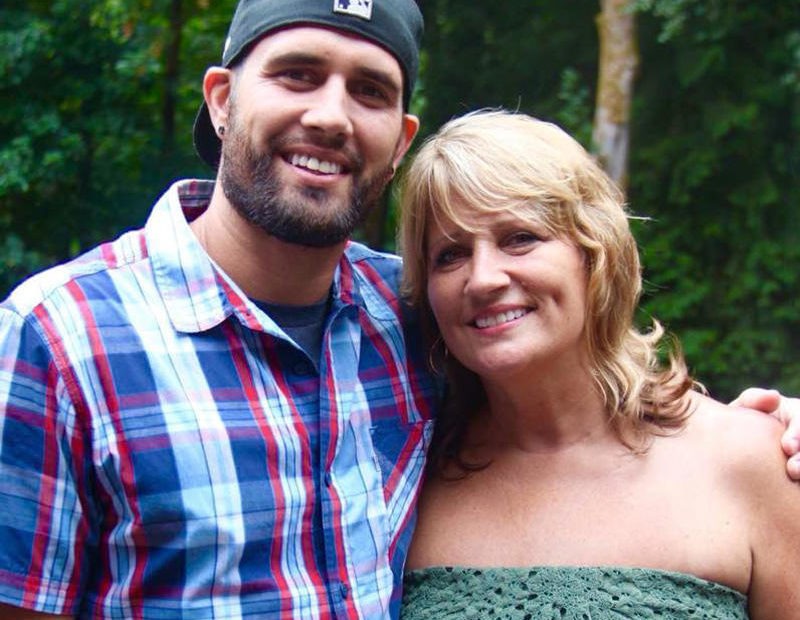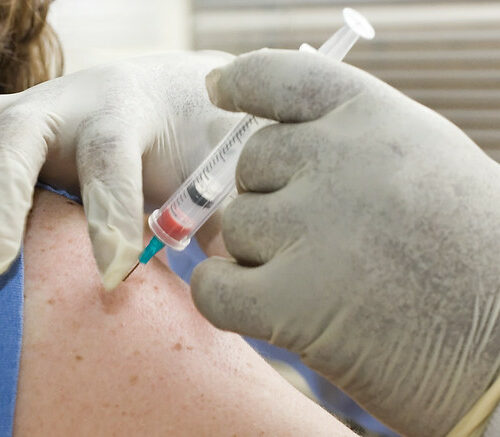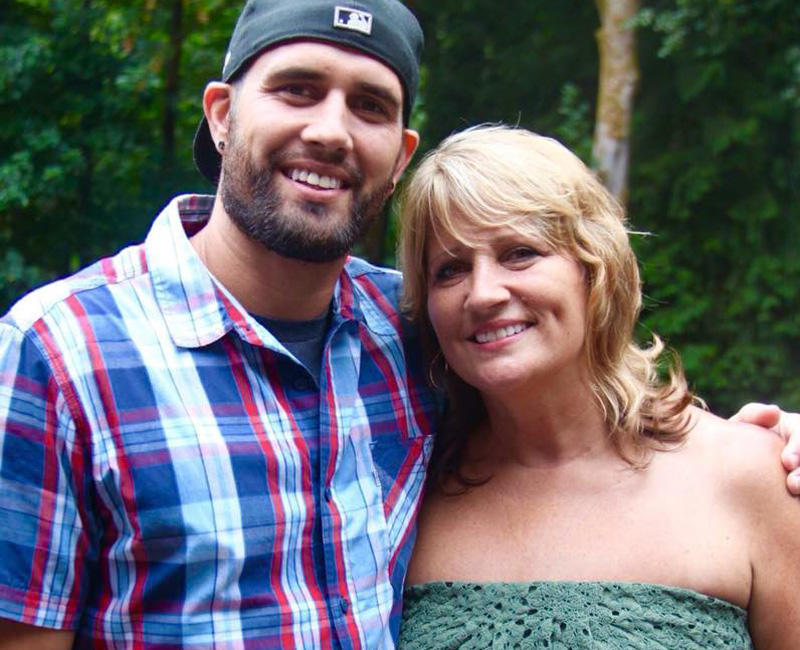
Jay Inslee Wants Washington To Declare Opioid ‘Public Health Crisis’
Listen
Washington Gov. Jay Inslee wants state lawmakers to declare the opioid epidemic a public health crisis.
On average, two people die each day in Washington from opioid overdoses. That includes deaths from prescription and synthetic opioids, as well as heroin.
One of those people was Kyle Brinton of Lacey. He died last October at age 31. His mother, Shannie Jenkins, says he had struggled with opioid addiction since high school. (NOTE: Shannie Jenkins is no relation to reporter Austin Jenkins.)
“I watched this drug change his brain. I watched a lot of his friends going down the same path,” Jenkins said in an interview.
Jenkins said her son had gone to prison, gotten clean and was training to be an HVAC engineer when he died from a heroin overdose. His fiancee is expecting their first child in April.
“He didn’t want to die, he wanted to be a dad, he was so happy in life,” Jenkins said.
Jenkins will appear with Inslee on Monday when he brings together prosecutors, victims, public health experts and state agency heads to discuss the state’s ongoing response to opioids.
“This is definitely a public health crisis,” Jenkins said. “We are losing a whole generation.”
In 2016, 694 people died in Washington including 382 from prescription opioid overdoses. Prescription opioid deaths peaked in 2008 and have since declined 44 percent. But heroin deaths are up.
The problem is most acute in the Native Indian community where the overdose rate is more than twice as high as among whites.
The state of Washington estimates more than half of opioid addicts do not have access to medication-assisted treatment such as methadone or buprenorphine. Inslee has set a goal of increasing access to treatment by 40 percent over the next two years.
In his supplemental budget proposal for 2017, Inslee is requesting an additional $20 million in treatment and prevention funding. Ultimately the state hopes to get approval from the federal Food and Drug Administration to deploy mobile treatment units in targeted areas.
“The governor’s bill and budget proposals focus on treatment and that is what is critically needed right now,” said Jason McGill, the governor’s senior health policy advisor.
Inslee is also asking the Legislature to pass a law this year declaring opioids a public health crisis and requiring state agencies to expand access to addiction treatment.
Separately, lawmakers are considering several other proposals. One would limit opioid prescriptions to seven days for first-time patients. Another would require doctors to review a patient’s painkiller history before writing a prescription.
There’s also a bill to require all doctors who prescribe opioids to complete a one-time class on best practices when prescribing opioids.
Opioid addiction among Washington students is also a concern.
In 2016, roughly 5 percent of 10th and 12th graders reported using a painkiller to get high in the last 30 days.
State Rep. Gerry Pollet, a Seattle Democrat, has proposed legislation to make overdose reversal medication available in all schools.
In October 2016, Inslee signed an executive order addressing the opioid crisis. Last year, Washington enacted a law implementing recommendations from a King County Heroin and Opioid Task Force.
Copyright Northwest News Network 2018
Related Stories:

How does climate affect your life? Tri-Cities survey open now
Cities, towns and counties are starting to plan for a future with climate change. Now, the Tri-Cities area is asking people about regional hazards and historical trends. (Credit: Simon Foot

Whitman County reports first flu-related death of the season
Hospitalman Yenifer Gutierrez, left, and Hospitalman Brashea Ojeda treat COVID patients in the ICU Aboard USNS Comfort in April of 2020. Influenza deaths surpassed COVID-19 deaths for this first time

Washington state reports 7-year peak in influenza-related deaths
The Washington state Department of Health reported on March 20th that influenza activity reached its highest levels in seven years, with the most flu-related deaths since the 2017-2018 flu season.















